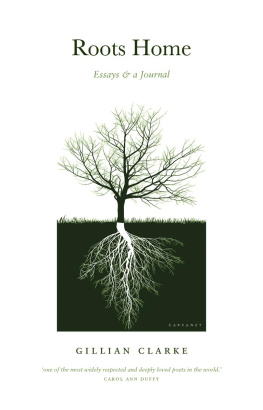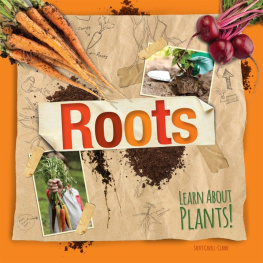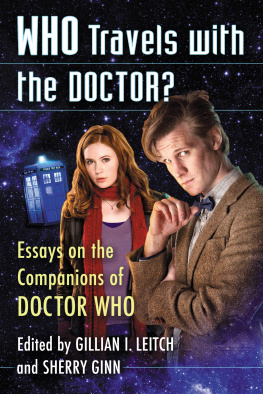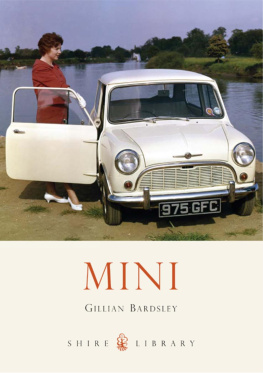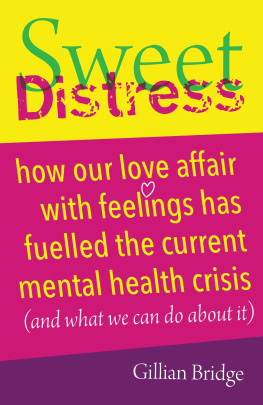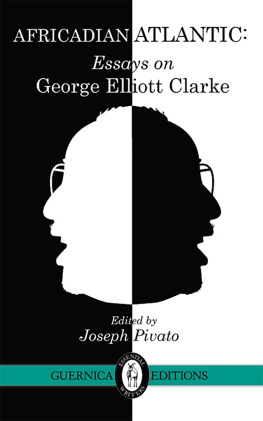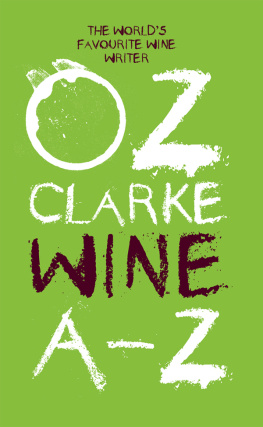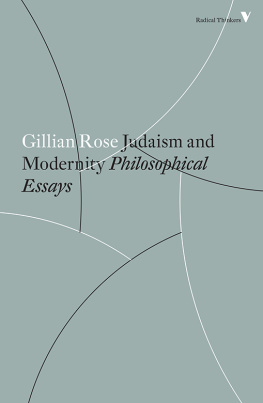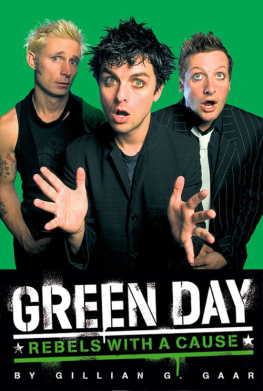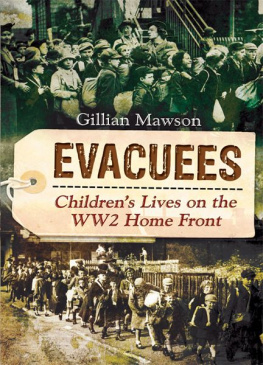Gillian Clarke - Roots Home Essays and a Journal.
Here you can read online Gillian Clarke - Roots Home Essays and a Journal. full text of the book (entire story) in english for free. Download pdf and epub, get meaning, cover and reviews about this ebook. City: La Vergne, year: 2021, publisher: Carcanet, genre: Detective and thriller. Description of the work, (preface) as well as reviews are available. Best literature library LitArk.com created for fans of good reading and offers a wide selection of genres:
Romance novel
Science fiction
Adventure
Detective
Science
History
Home and family
Prose
Art
Politics
Computer
Non-fiction
Religion
Business
Children
Humor
Choose a favorite category and find really read worthwhile books. Enjoy immersion in the world of imagination, feel the emotions of the characters or learn something new for yourself, make an fascinating discovery.
- Book:Roots Home Essays and a Journal.
- Author:
- Publisher:Carcanet
- Genre:
- Year:2021
- City:La Vergne
- Rating:4 / 5
- Favourites:Add to favourites
- Your mark:
- 80
- 1
- 2
- 3
- 4
- 5
Roots Home Essays and a Journal.: summary, description and annotation
We offer to read an annotation, description, summary or preface (depends on what the author of the book "Roots Home Essays and a Journal." wrote himself). If you haven't found the necessary information about the book — write in the comments, we will try to find it.
Roots Home Essays and a Journal. — read online for free the complete book (whole text) full work
Below is the text of the book, divided by pages. System saving the place of the last page read, allows you to conveniently read the book "Roots Home Essays and a Journal." online for free, without having to search again every time where you left off. Put a bookmark, and you can go to the page where you finished reading at any time.
Font size:
Interval:
Bookmark:
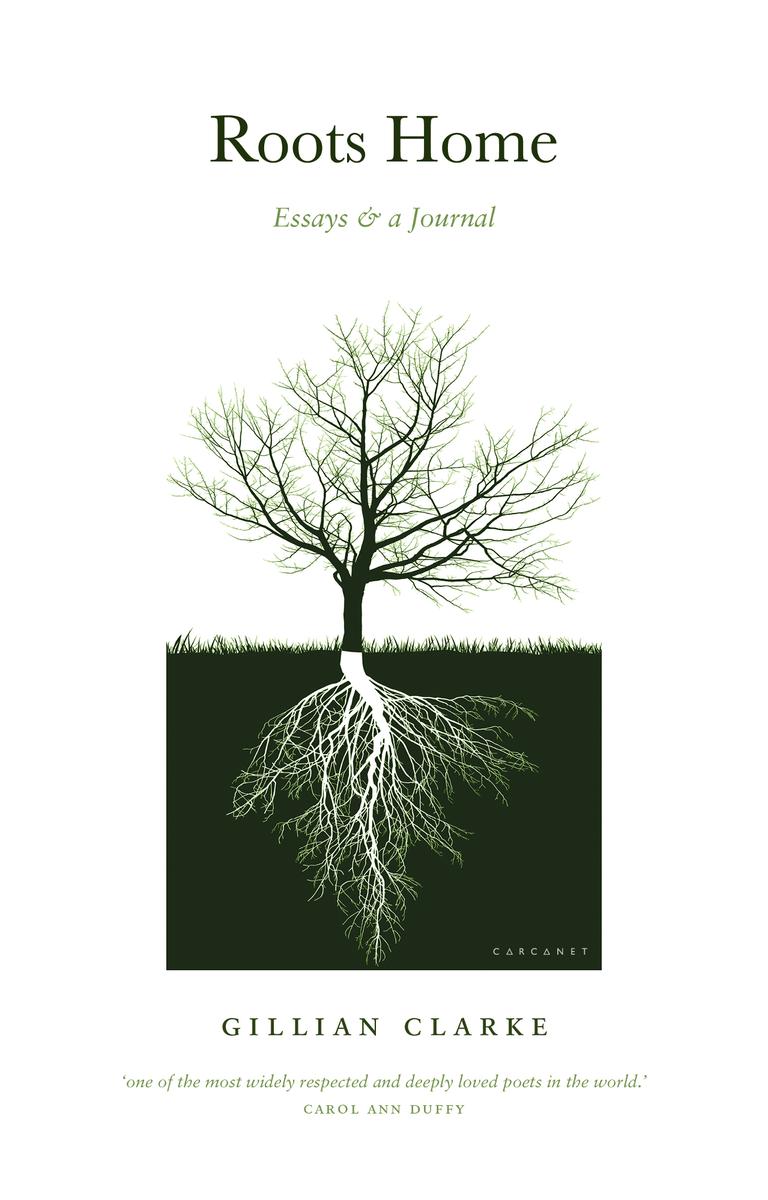
A pencil, a pen, a page. In town, at railway stations, airports, it is the stationers that draws me. The ranks of pens, pencil sets, reams of paper, a red notebook with a hard cover, a ribbon to mark the page, an elastic band to keep its contents safe. I must have it, just in case. I am travelling. What if I fill the one I am using? In those circumstances, on the road and homesick already, one more new notebook is irresistible. It is more than need. It is desire, for another unruled Moleskine for notes, research, for trying a line; desire for a new ruled, spiral-bound A5 for draft after draft of a poem; for yet another little black A6 art book with acid-free paper to write my journal in minuscule longhand at about thirty-five closely written lines a page my current little black journal is number fifty. Before discovering these perfect art books, I used whatever notebook took my fancy, since I was given a five-year diary for Christmas when I was fifteen.
Morning begins with my journal. I write in it most days, though not every day. It is friend and listener, to record, remember, rage and rhapsodise, a place for requiem and celebration. Words hold detail which might be forgotten the way the hare halted as it crossed the lawn, the field where a rainbow touched down across the valley, the different voices of wind, or water, the close and distant territorial arias of May blackbirds. One night many years ago, when our house was still a ruin, used only for summer camping, as we stepped out into the pitch-dark garden we saw green lights, like searchlights, wavering in the north-eastern sky. The midnight news confirmed it was the aurora borealis, recorded in my little black book with all the rest, trivia, weather and wonders. I write to remember, to record the smallest thing.
But before meaning, before writing, a word is a sound. It is voiced, sung, spoken, single and slow, by someone leaning over a cot or a pram, smiling and mouthing a word, or a little rush of words, a phrase, a sentence; or the mysterious music of nursery rhymes. We love the sound of words before we understand them. I loved them because I could not understand them. I liked the pattern they made in books before I could write them. I mimicked words I heard. Family legend tells that I was heard chanting and stamping out the rhythm to these words: Ga puts Mentholatum on her sciatica, and Ceri soaks the clothes in Parazone. Ga was my grandmother, Ceri my aunt. I collected strange words grown-ups used. I scribbled pretend words on my bedroom wall through the bars of my cot. The wall was an empty page. Even now, setting down the first, uncertain words when beginning a poem, I feel the seduction of a new page. Describing his writing process, the poet R.S. Thomas said that he took a pen and paper to see what words would do. The child, scribbling on a bedroom wall or a page, is doing what a poet does. The childs first scribbled attempt at a word is primitive and instinctive. It is early mans mark on a cave wall. You can see what R.S. Thomas meant by seeing what words will do.
I recently read of research into the development of language in babies. Scientists tested the babies brain-reaction to the sound of a word and to the object it named. The babies connected the word with the object, listened and watched the speaker, responding to the spoken word. Some time passed before each babys first attempt to say the word. It was concluded that a baby thinks about the word long before trying to say it.
I love that! Of course it does. The unspoken word is like the not yet articulated poem that awaits the pen, or the thought unspooling into a sentence in an essay or an article ready for the pen or tapped keys to let it grow, to stir, to become a human communication. It is like the brilliant line you think before you sleep, sure that you will remember it long enough to write it down in the morning. But by morning it has melted away, like the dream you forget the minute you are really awake. You need the pen, the scrap of paper, to keep it. I remember the poet, Irina Ratushinskaya, explaining how, in her Soviet prison cell, she wrote her poems by scratching them in soap before memorising them. Once written, typed, scratched in soap, crayoned on a wall, once they have a shape and a sound, they are real. Youll remember them then, more or less, if the page blows away in the wind.
Sylvia Plath, in Morning Song, describes her baby trying her first handful of notes, as clear vowels rising like balloons. A babys first consonant is often m. Is that the source of Mam, Mum, Mama, that almost universal word? My husbands aunt, Gwyneth Myfanwy, living contentedly in a care home in her nineties, suddenly stopped talking, or responding to talk. She slept a lot, and seemed preoccupied by vivid dreams. She was often heard calling out: Mam! Oh Mam, as if reliving her life and her childhood in her mind, calling, recalling, the mother she had cared for until her death aged a hundred and two. A few days later, Gwyneth died.
Might her last word, Mam, also have been her first? When we die, will losing the world precede losing the first and last word, as it seemed to do for Gwyneth Myfanwy, drowsing into a dream where all our words migrate from the borders of consciousness as life fades into silence?
After the word, the song and the rhyme, come stories, told and read aloud: my fathers retelling of traditional Welsh legends from the Mabinogi when we were on a ramble or on the road in the car, the bedtime stories my mother told me, pointing to each word as she read. I heard the sound, and saw the shape her finger showed me. A child soon tries the sound that belongs to the known shape. Familiar words are repeated, favourite stories told and retold. That early pleasure in repeated sounds, in short, echoing word groups, in spells, in rhymes, in legends where choices come in sets of three, as well as the mysterious music of nursery rhymes, are the makings of the literate person. In my case they were surely leading to the art of writing, and the love of and practice of poetry.
I dont remember being taught to read. My mother read me stories, and as she read her finger followed the words, so I could hear the sound of each word-shape. Sentences and paragraphs guide the readers path through prose. A poems music is shaped by lines and verses. The form informs, tells us how to hear. The poems shape on the page is the sound you hear. A poem is like a page of music. The line is the bar line. It carries the word-music of poetry.
Before I was born, my father had travelled the world with the merchant navy, a wireless officer with the Marconi company, until his radio skills and bilingualism brought him a job as a broadcasting engineer at the BBC in Wales. In his radio cabin on board ship, tapping spells in Morse code, he sent messages across oceans: storm warnings, sightings of icebergs or wreckage. The radio transmitted cries for help, ships in distress heard too far off course to assist, as messages passed ship to ship, ocean to ocean across the world between men like him, nicknamed as Sparks, in their subterranean cabins. As I write, I remember how exciting it was to be told how, decades before the internet, the international language of Morse could cross the world, travel all round the globe which I loved to spin in the corner of my bedroom. Morse code was another magic alphabet which, much later, my father tried to teach me.
I remember writing, or scribbling, with a pencil my father had sharpened to a dangerously perfect point. My parents must have forgiven my graffiti and trusted my tool management because soon after the pencil, I was given a pen, and guided to drawing and writing paper. Above the hinged lid of my child-size desk was a shallow depression to lay the pen down between dips into the tiny inkwell. One Christmas I had a real fountain pen, a Conway Stewart in marbled green with a gold nib like a blackbirds beak, nested in its own box; a bottle of blue Quink; proper notepaper with envelopes to match. I was seven. My mother thought it high time I wrote proper thank you letters.
Font size:
Interval:
Bookmark:
Similar books «Roots Home Essays and a Journal.»
Look at similar books to Roots Home Essays and a Journal.. We have selected literature similar in name and meaning in the hope of providing readers with more options to find new, interesting, not yet read works.
Discussion, reviews of the book Roots Home Essays and a Journal. and just readers' own opinions. Leave your comments, write what you think about the work, its meaning or the main characters. Specify what exactly you liked and what you didn't like, and why you think so.

